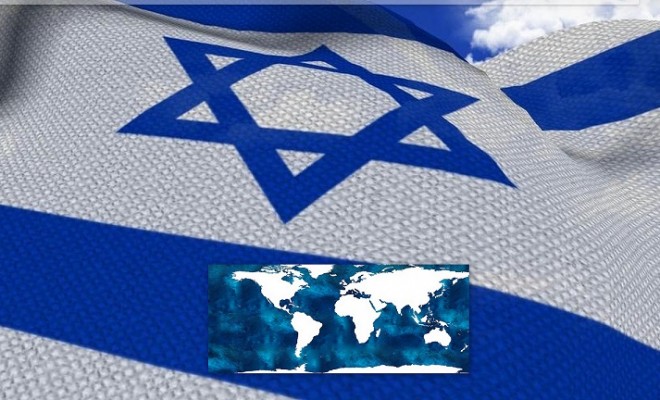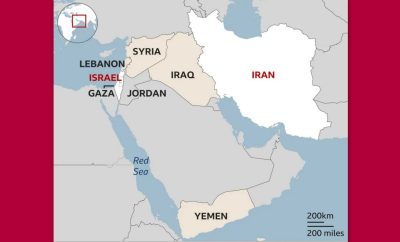
Patent sale to Snap puts Israeli intellectual property on the map
In the stirring documentary On the Map, Israeli director Dani Menkin tells the story of the Israeli basketball team Maccabi Tel Aviv’s shocking upset of longtime powerhouse Central Sport Club of the Army (CSKA) Moscow in the 1977 EuroLeague playoffs, a victory that, in the immortal (and grammatically incorrect) Hebrew words of the team’s Israeli-American captain Tal Brody, finally put Israel “on the map.”
Now, some 40 years later, Israel once again finds itself on the map, this time in the realm of intellectual property, after Israeli company Mobli sold a key “geofiltering” patent last month to Snap for a reported $7.7 million — the largest sale to date of an Israeli patent.
Known as “Startup Nation,” the Jewish state has long been recognized for its technological prowess.
In the first half of 2016, Israeli companies raised $2.8 billion in venture funding, amounting to the third largest investment of its kind in the world — in absolute value, not just per-capita, which is astounding, given Israel’s population of only 8.6 million. On a per-capita basis, Israel attracted $423 in investment in 2015, more than twice as much as the United States and nearly thirty times as much as Europe.
In 2015, Bloomberg ranked the Jewish state fifth on its Innovation Index, ahead of the US and Britain. Israel regularly invests more than 5% of its GDP in research and development, which is more than all but two countries in the world.
Many Israeli startups have been acquired by American, European, or Asian companies for seven-, eight-, or even nine-figure sums, not even counting blockbuster exits like Waze (bought by Google in 2013 for $1.15 billion) or Mobileye (acquired by Intel earlier this year for a whopping $15.3 billion).
But Israel’s tech industry has also matured to the point that its companies have also become acquirers, not just acquirees: Witness Teva Pharmaceuticals’ 2015 purchase of Allergan’s generic drug unit for more than $40 billion or, just last month, ride-sharing outfit Gett’s acquisition of Juno for $200 million.
Much of Startup Nation is fueled by intellectual property. In 2014, Israel trailed only Japan and Taiwan in patents filed per capita, and the country’s life sciences sector, as well as its ten major research universities, are stocked with American, European, and Asian issued patents and applications.
These efforts received a major boost in April with the sale of Mobli’s patent, which the company reckons was nearly three times larger than the previous record Israeli sale.
Founded by Moshe and Oded Hogeg and Emmanuel Merali in 2011 as an Instagram competitor, Mobli developed server-side location-based filters that reduced the power and data load on smartphones and sharply expanded the options that vendors — and ultimately advertisers — could provide.
Imagine, for example, snapping a picture on the beach in Cape May and instantly applying a (server-provided) “Yo! From the Jersey Shore” background to the photo or a “Greetings from the Library” filter to your selfie at the Arsenal match. While Mobli patented this technology, it never truly succeeded in commercializing it, perhaps because it was slightly ahead of its time.
But fast-forward six years to a social media landscape in which Snap, leveraging filters and the ad revenue they breed, went public in March to the tune of $33 billion — twice the value of Facebook when it had taken itself public five years earlier.
In its first public filings since the IPO, Snap revealed that an astonishing $360 million of its $400 million in revenues derives from geofilter sales. Buying Mobli’s patent bolsters that leverage, which helps Snap inhibit competitors from marketing similar server-side location-based backgrounds. And as TechCrunch notes, it also precludes Facebook and others from buying the patent, which would have limited Snap’s options.
Thus, Mobli as a business may not have impacted the market as much as it might have hoped. But its intellectual property lives on, and, like the Startup Nation of which it forms a part, Mobli is powering the world with its technological development, thereby putting Israel on the map.
Πηγή: techpolicydaily.com




